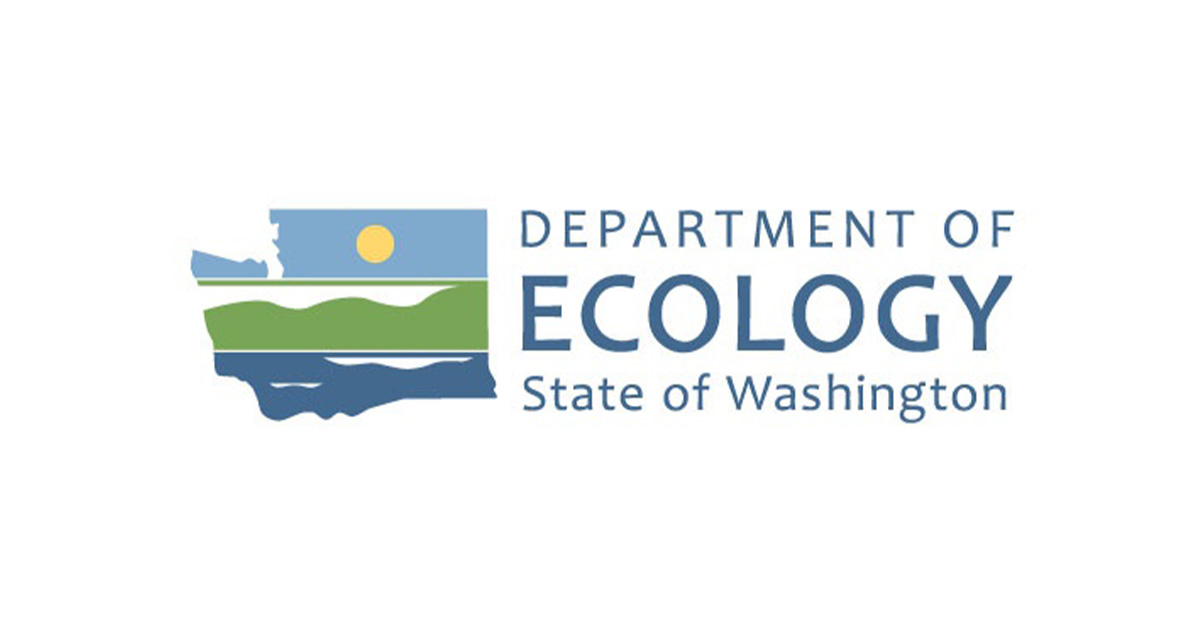In this position, you will report to the Coastal/Shorelands Section Manager within the Shorelands and Environmental Assistance Program of the Department of Ecology. You will serve as the program’s senior expert in shoreline science and will coordinate and collaborate across the program.
You will provide advice to program management and technical staff on critical and complex scientific and technical issues relating to shoreline management, such as no net loss of ecosystem functions, direct and cumulative impacts from development on the environment, and scientific methods that support planning, policy, and guidance. You will develop and support the analytical tools needed to better manage shoreline resources and provide information on the best available science to be used in protecting shoreline ecologic functions.
Agency Mission:
The mission of the Department of Ecology is to protect, preserve and enhance Washington’s land air and water for current and future generations.
Program Mission:
The mission of the Shorelands and Environmental Assistance (SEA) program is to work in partnership with communities to support healthy watersheds and promote statewide environmental interests.
The Coastal/Shorelands Section in the Shorelands and Environmental Assistance Program works to ensure that the shorelines, floodplains, and ocean waters are protected, restored, and managed consistent with state and local laws. Key priorities for the agency and program include climate resilience, equity, diversity, inclusion, and environmental justice.
Telework options for this position:
This position will be eligible for up to an 80% tele-work schedule. Applicants with questions about position location options, tele-work, and flexible or compressed schedules are encouraged to reach out to the contact person listed below in “other information.” Schedules are dependent upon position needs and is subject to change.
What makes this role unique?
In this role, you will have a unique opportunity to manage projects, provide leadership, and develop guidance on critical and complex scientific and technical issues relating to shoreline management. You will serve as an agency expert for shoreline ecology and science, and you will be responsible for developing analytical tools for managing ecological resources, providing technical assistance, serving as an expert science advisor, conducting trainings, and making public presentations.
What you will do:
- Serve as a program expert on shoreline science topics, study design, and quality assurance.
- Lead initiatives to modify existing and develop new ecological assessment methods that will help the Department, the regulated community, and local government partners achieve no net loss of shoreline ecological functions.
- Perform grant writing to raise funds for shoreline program development and implementation.
- Develop and implement internal and external guidance and trainings for local governments, consultants, contractors, and partner agencies.
- Participate on advisory and technical groups, interagency work groups, or other forums related to science and the integration of science into shoreline management policy and regulations.
- Provide technical support to the Department during rulemaking and the development of guidance.
- Review and provide direction on quality assurance project plans in collaboration with the Ecology QA team.
Qualifications
Required Qualifications:
Years of required experience indicated below are full-time equivalent years. Full-time equivalent experience means that any experience where working hours were less than 40 hours per week will be prorated in order to meet the equivalency of full-time. We would calculate this by looking at the total hours worked per week, divide this by 40, and then multiply by the total number of months worked. Examples of the proration calculations are:
- 30 hours worked per week for 20 months: (30/40) x 20 months = 15 months full-time equivalent
- 20 hours worked per week for 12 months: (20/40) x 12 months = 6 months full-time equivalent
Experience for both required and desired qualifications can be gained through various combinations of formal professional employment, education, and volunteer experience. See below for how you may qualify.
Desired Qualifications:
We highly encourage you to apply even if you do not have some (or all) of the desired experience below.
- Education: Coursework leading to a Master’s degree or higher in an area of study related to fluvial geomorphology, limnology, river processes, marine systems, or river restoration.
- Knowledge of statistical theory and techniques; logic and grammar, basic methods of problem solving; research methods; the body of knowledge in shoreline ecology; agency's purposes; objectives of the shoreline management programs and activities.
- Ability to reason logically, draw valid conclusions and make appropriate recommendations; gather and analyze data; participate in conferences and interviews; speak and write effectively; establish and maintain effective working relationships.





